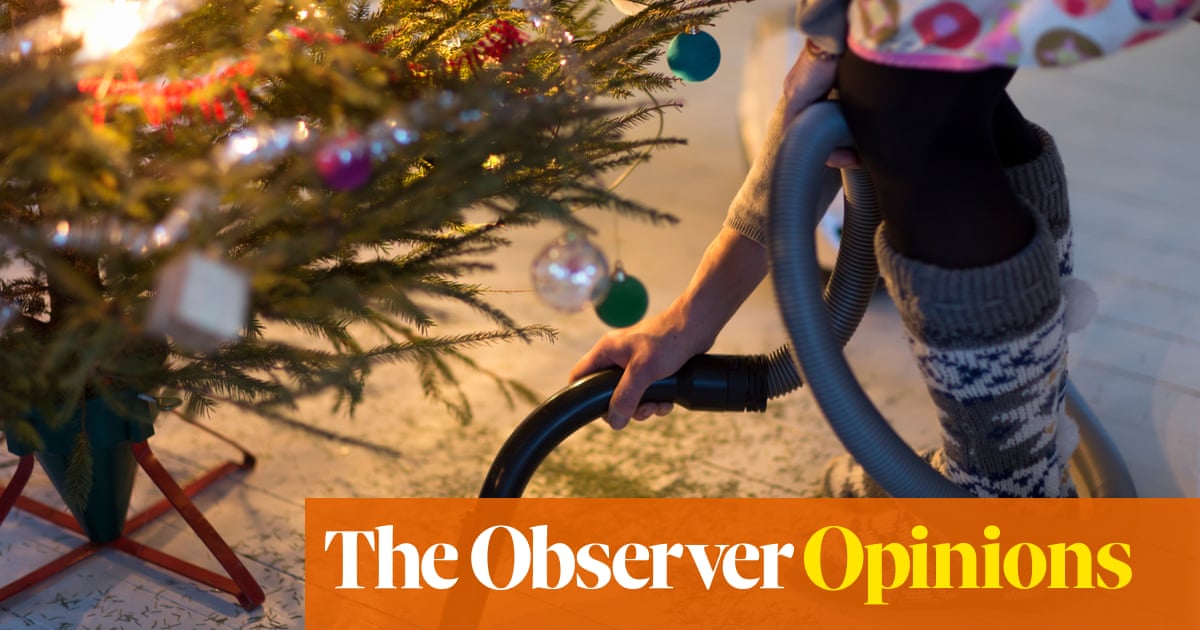
The midnight oil was burning in London and Dubai on Wednesday as representatives of Arif Naqvi and Hamid Jafar locked horns again in negotiations over $300 million of debt that could decide the fate of Abraaj Group, once the Middle East’s renowned private equity business, now a fallen star of the regional financial establishment.
Talks had been on and off most of the week, with Habib Al-Mulla, executive chairman of Baker & McKenzie Habib Al Mulla, among the lawyers in fractious discussions over the debts. People on both sides involved in the negotiations were not optimistic of a settlement in the dispute, which could involve criminal charges.
“There is less than a 1 percent chance of a settlement before the court case,” one told Arab News as the talks went on ever more contentiously. “The two sides are too far apart, there is no common ground,” said another.
Naqvi has said that he will not return to the UAE — his power base and the font of his wealth and power since Abraaj was founded there in 2002 — while there was the threat of arrest over bounced cheques that he and a colleague had signed, payable to Jafar.
Although it was not publicly known at the time, the Abraaj business was under increasing financial pressure toward the end of last year. It had previously declared assets under management of $13.6 billion, but the strains of global expansion were beginning to show.
Frank Kane
In the end, some form of agreement was reached between the two in the early hours as the clock ticked down to the court hearing in Sharjah, the Jafar power center, allowing the court to adjourn the hearing for a second time without issuing a verdict that could make Naqvi’s position worse.
An adviser to Naqvi said a late-night “understanding” had been reached; an adviser to Jafar said that the adjournment will give the parties additional time to try to reach a settlement. Clearly, some kind of common ground has been established.
What does Jafar, advised by law firm Gibson Dunn, want? They want their money back, in a nutshell. The cheques in question were issued as repayment of a loan made to Naqvi and Abraaj last December. One cheque — used as a sample for bringing the Sharjah case — was for $48.2 million, but the total was $300 million in three cheques.
Jafar’s adviser has said that the loan was short term, for three months, to be repaid by the end of February, at a reasonable 6 percent interest. Given the long relationship between Naqvi and Jafar — Jafar’s son Badr was on the board of Abraaj and there had been mutually profitable transactions between them — it was an expression of support for Naqvi in difficult times.
Although it was not publicly known at the time, the Abraaj business was under increasing financial pressure toward the end of last year. It had previously declared assets under management of $13.6 billion, but the strains of global expansion were beginning to show.
Some $200 million of investor’s money has been used for purposes for which they were not intended, and those investors, including the Bill and Melinda Gates Foundation and an offshoot of the World Bank, were not happy. Simultaneously, an investment in a power plant in Karachi, in Naqvi’s native Pakistan, had proved more difficult to exit than anticipated. Now Abraaj urgently needed funds to head off a liquidity crunch. Jafar obliged.
Naqvi has assets to repay at least some of the $300 million. There is property in London’s swanky West End, there is a country estate in Oxfordshire. There is his shareholding in Abraaj, where he was the largest shareholder but which is now of uncertain quantity and value. There are other assets around the world earned from a successful 16-year career at the pinnacle of emerging markets finance.
But he does not appear to have the wherewithal to repay the $300 million on the nail, judging by the bounced cheques. This is what was at the heart of the lawyers’ talks in London and Dubai: How long would Jafar be prepared to wait for repayment in full, and what could Naqvi put up in the meantime to keep the bailiffs from the door?
The talks were made even more complex by events on the other side of the world, where various competitors in the private equity business are hovering over Abraaj assets as part of a group restructuring being undertaken in the Cayman Islands, where Abraaj Group is registered.
A deal done with Cerberus, which would have injected $125 million into Abraaj in exchange for some of its investment business, was trumped by a higher offer from rival Colony Capital, said to be worth $230 million. Other groups are reported to be weighing up offers too.
A criminal judgment against Naqvi in the UAE would have significantly weakened his hand in those negotiations. He is said to be actively involved in the restructuring talks, trying to get the best deal for the firm he founded, but there has been much speculation by former colleagues that it would be best for him to
“let his baby go” now.
The Sharjah court resumes on July 11, the same day that the Cayman authorities are scheduled to rule on the restructuring. Naqvi does not have much time left to put out the fire at Abraaj.
Disclaimer: Views expressed by writers in this section are their own and do not necessarily reflect Arab News" point-of-view












